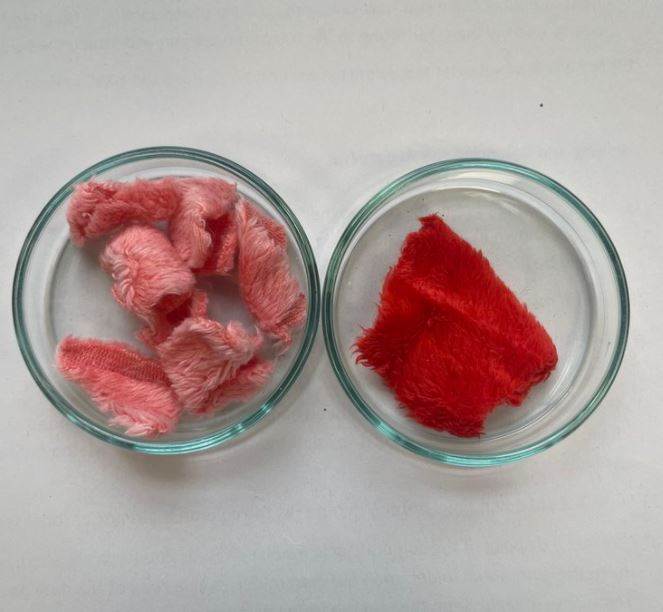Carbon reduction focus for Fashion for Good’s latest innovators

Sustainability-focused hub Fashion for Good has named the eight innovators that will benefit from its nine-month programme to support their technologies in preparation for implementation across the fashion value chain.
The hub coordinates mentoring and funding for start-ups to grow their businesses.
The innovators represent technologies across raw materials, processing and end-of-use, offering impact and carbon reduction opportunities as highlighted in the report “Unlocking the Trillion Dollar Fashion Decarbonisation Opportunity” co-authored by Fashion for Good.
Katrin Ley, managing director at Amsterdam-based hub, said: “We are inspired by the significant impact and carbon reduction opportunities their technologies enable. With an emphasis on driving impact and implementation, we strive to provide them with the best support to expedite their exposure and growth into the market.”
The selected innovators joining the Fashion for Good 2022 Global Innovation Programme are: DyeRecycle, Ever Dye, IDELAM, Kintra Fibers, Modern Synthesis, Premirr Plastics, Refiberd and Rubi.
DYERECYCLE (UK)
DyeRecycle’s proprietary technology uses a liquid that selectively extracts dyes from coloured waste fabrics. The decoloured fabric can be recycled more effectively and the extracted dye is transferred to new fabrics, creating a new concept of “recycled dyes”. The technology also has the capability to transform textile waste scraps into dyestuff powder.
EVER DYE (FRANCE)
Ever Dye has developed two chemical solutions that boost dye house production capacities and allow them to dye faster with less energy and without using any petrochemicals, as their dyestuff is made of vegetal waste and minerals.
IDELAM (FRANCE)
IDELAM develops processes using supercritical CO2 for multi-material products and waste, such as jackets and footwear, to enable recycling or reuse of these materials.
KINTRA FIBERS (US)
Kintra Fibers has developed a plant-based polyester replacement that it claims matches the performance and price of traditional synthetics, using renewable inputs and a compostable chemistry.
MODERN SYNTHESIS (UK)
Modern Synthesis’ microbial textile platform employs microbes to grow a new form of textile made of nanocellulose, a very strong and fine form of cellulose, which is the natural building block of materials like cotton, linen and wood.
PREMIRR PLASTICS (US)
Premirr Plastics has created a continuous flow-through (CFT) system that provides a circular method to chemically recycle PET, providing PET products containing recycled content that possess the same physical and chemical properties as virgin PET, according to the company.
REFIBERD (US)
Refiberd is developing a novel textile recycling system that uses AI and a patent-pending chemical recycling process to convert used, discarded textiles into new, reusable thread. It claims its 100% recycled thread is cheaper than other sustainable thread and cost-competitive to cotton.
RUBI (US)
Rubi makes textiles from carbon emissions to create a product that is carbon-negative, water- and land- neutral, and naturally biodegradable, it says.
Image credit: DyeRecycle










